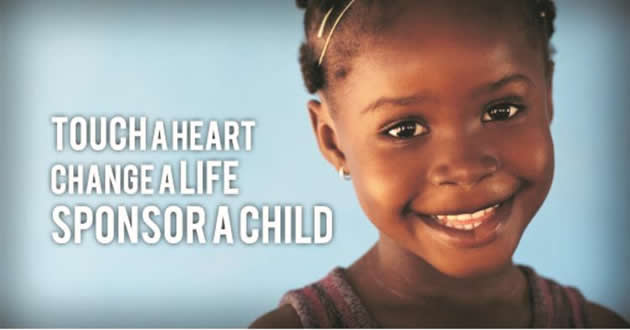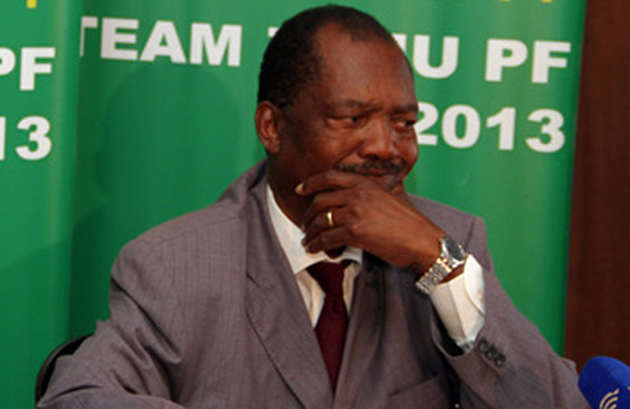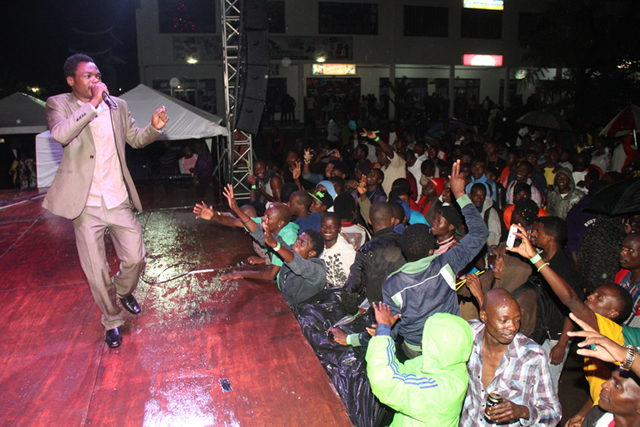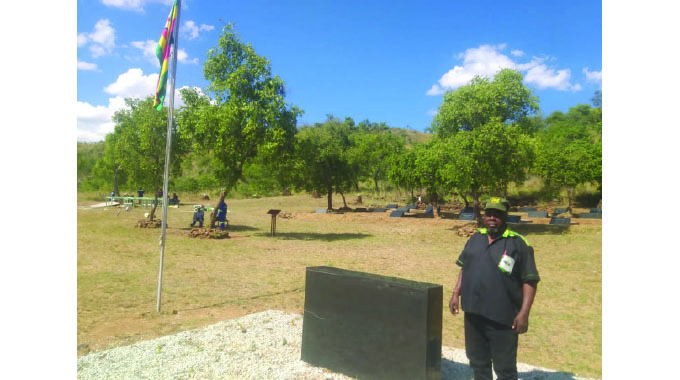Who should feed the poor?

 Sekai Nzenza on Wednesday
Sekai Nzenza on Wednesday
“You can only help strangers when everyone in our family has eaten until they are full, not when we are still hungry. Why do you go and look for foreigners to feed and clothe?” asked my cousin Piri.
She was standing in the middle of the village courtyard, tight jean skirt on, flat orange shoes, orange T-shirt and a bottle of beer in hand.
She was addressing my cousin Reuben, the one who lives in Australia and is back here to build a nice big house in Borrowdale so he can come back one day and retire.
It was half moon and we all sat on polished cement benches in front of my mother’s kitchen hut. I have recently paved the front yard and added benches to sit on. We could smell the village road runner being fried in the kitchen hut. Piri, my brother Sydney and our neighbour Jemba were getting stuck into the bottled cold beer.
Last weekend, Reuben went to Honde Valley in the Eastern Highlands to visit a child that he sponsors through a Western donor agency.
He has often talked about this kid called Peter whose parents are both very poor and cannot afford to pay Peter’s school fees. When he first told me about this kid, I was in Australia and I had seen Peter’s photo on the fridge in Reuben’s house. I remember asking Reuben why he decided to sponsor the child.
One day, five years ago, when Reuben was feeling home sick while in Australia, he saw an advertisement on television showing sad pictures of African children.
The message said you can bring a better life to a child in Africa if you pay $30 per month. That money, together with that of other sponsors, will build schools, clinics and even bridges for the community.
Reuben rang the number on the television screen and within minutes, the donor agency had facilitated a system to take $30 per month from Reuben’s credit card. For the next coming years, Reuben had made a commitment to support a child in Zimbabwe.
The donor agency sent him photos and reports on his chosen child.
I knew all about child sponsorship. During my long diaspora life, I worked for a donor agency that made money from fundraising through child sponsorship.
In America and Australia I got invited by church organisations and other groups to tell the story of how I survived poverty in the village, how I mastered the English language, how I got on a plane and how I now lived comfortably overseas.
My story was a good one to prospective givers because I had grown up in the village, struggling to get school fees when there was no child sponsorship.
According to statistics, more than nine million children globally are sponsored by Western donors. Reuben’s $30 per month was part of that global $3 billion in sponsorship money coming from individuals in the rich world going to poor children in Africa and other developing continents.
Although Reuben has been here once or twice per year, he did not make it to Honde valley to see his sponsored child.
But this time, he is here for longer so he took the long drive over to the scenic Honde Valley, taking picture and videos.
First he visited Mutarazi Falls before being accompanied by someone from the donor agency to see his sponsored child.
Now Reuben was back here in the village, showing us photos of his sponsored child.
“There is this little village, right on the foothills of the mountains. You can literally walk through the mountains into Mozambique. I loved the place. And when Peter, my sponsored child, saw me, you should have seen his big eyes shining and running towards me,” said Reuben, flipping through his Ipad and showing us the photos of Peter, his parents, siblings and relatives.
“I tell you what, this kid is so bright. He will end up going to university and if that happens, I will pat myself on the back and say, “Reuben, you have done your duty to humanity and to your country,” Reuben said laughing.
“Eh, saka, Mukoma Reuben, muri kupinza munhu wamusingazive chikoro?” asked Jemba, meaning, is it really true that you are paying for the education of a total stranger? Reuben said yes, why not.
He said it really did not matter if he knew the kid or not.
For Reuben, what was important was that he felt good for doing what is right by the child who would not be going to school if Reuben was not paying for the fees.
Jemba then put his head on the side and pretended to be sad and miserable; he extended his hand to Reuben like a beggar and said, “Please brother, I am a village street kid. All my parents are dead. I am all left alone. Please give me money to buy fertiliser for my maize,” Reuben pushed Jemba’s hand impatiently away and said, “Guys, you must understand that I am only doing the little I can to help a hungry and sad world.”
“Have you finished feeding your own people? Why go all the way to Honde Valley when we have so many poor relatives who cannot afford to send their kids to school?” Piri asked.
Reuben turned to Sidney and said, “Mukoma, am I doing wrong by helping others? Mukoma, all I am doing is what Western donors do. Why do people get all upset about what I am doing with my money?”
Piri sat down and said, “Chakanaka idya nehama mutorwa ane hanganwa.”
This was an old saying from the wisdom of the ancestors. It meant that when good fortune smiles on you and gives you plenty of food eat it with your relatives only because strangers are likely to forget your generosity.
It also means you should not help anyone who is not related to you because tomorrow, that person will not remember you.
Piri then started counting the number of children in the whole extended family who had lost one or two parents.
When she got to 15, she stopped and moved on to the families in the next village who were not sending their children to school because they cannot afford school fees.
“And Reuben is spending $30 per month on a child whose totem he does not know,” Piri said, frowning and shaking her head.
“And are you related to the donors who come here to give you food handouts?
“When the donors come here to give you food handouts, do you say to them, hey, have you fed everyone in your village before you come to feed us? No, you never tell them that. You stand there in line and get your packet of beans and maize flour.
“Who is paying for that? You do not know and you do not care. But, you know what? Someone in Canada, America or Europe cares. That is all that matters in this one big world. We are related as human beings. Full stop,” said Reuben.
“The donors have been coming here for years. We are not related to the donors. But, they have surplus food in their countries and if they wish to throw it to us, we will take it. In 2008, we were starving and the donors brought bulger, the wheat like food meant for horses. We ate and survived.”
Piri then paused, placed her hands on her hips and raised her voice like she was preaching and continued.
“Reuben, if you gave $30 to Mbuya Chigondo, she will pay for her burial society monthly fee of one dollar. She will buy a rooster and a chicken and have some new chicks. She will pay for grinding mill services for six months. And guess what, Mbuya Chigondo will speak to the ancestors and say, look after Reuben because he has not forgotten where he came from. The ancestors will smile at you and give you more to share with us. But, who is thanking you for supporting a stranger’s kid in Honde Valley? ”
Reuben shook his head and walked away to take more pictures of the stars and the half moon.
“Let him give his money to whoever he so wishes,” my brother Sidney said. But I knew that he did not mean what he said.
Like Piri, and many others around here and in Harare, they prefer to help only those that they are related to by blood, marriage or at least by totem. And yet, in the old days, strangers, especially those on long journeys, were very well looked after.
Reuben came back and quietly sat next to Jemba.
With a slow measured tone like he was a school teacher, Reuben said, “The world is becoming one big village. We must look beyond our borders and support those less fortunate than we are. I could have sponsored a child in India or Guatemala, but I chose Zimbabwe so I can visit the kid I sponsor. Your attitudes belong to the past. This is the reason why we do not give much to charity in this country.
“We are letting one another down as a people. You get more blessing if you give,” said Reuben. Then Piri laughed so loudly and nearly choked on her beer.
“Yes, Prophet Reuben. Why don’t you start your own church dedicated to helping the poor? Then you must help your own people first before you feed the rest of the world.” Piri said.
“If we continue to see poor people we do not know as strangers and believe in what our elders said in the past, who will feed the world’s poor children?” asked Reuben.
- Dr Sekai Nzenza is an independent writer and cultural critic.







Comments